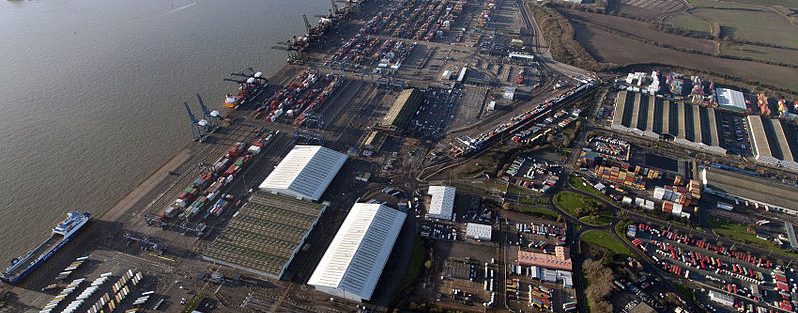Parallel pay universe
As the average worker languishes on stagnating wages and ever increasing living costs, those at the top are enjoying unprecedented levels of pay, new research has found.
Pay for chief executives in the FTSE 100 jumped to an average of £4.964m in 2014 – that’s 183 times greater than the average worker. The climb follows a continuous upward trend since 2010, when executives earned 160 times more than average workers and earned £4.129m.
The High Pay Centre think tank, which conducted the research, also found that the 10 highest paid CEOs earned a jaw-dropping ÂŁ156m between them.
Although shareholders have the power to vote against outrageously high executive pay at company AGMs, the High Pay Centre noted that among FTSE 100 companies, the average vote against executive pay awards was only 6.4 per cent.
And despite the fact that executives leading FTSE 100 companies are flush with cash, earning nearly 200 times more than the average worker, only a quarter of these companies are Living Wage accredited.
This would mean that the vast majority of Britain’s top-paid bosses preside over companies in which some its workers cannot afford to put food on the table.
As a CITY AM app has shown, most of the country’s employees would have to work for centuries before earning what a top CEO earns in one year.
Five centuries
If you earn an average annual wage of £26,000, you’d have to work for 296.15 years before earning what easyJet CEO Carolyn McCall takes home in one year. If you’re on the minimum wage, you’d have to work for more than five centuries to catch up with easyJet’s top boss.
Unite general secretary Len McCluskey condemned the ever-growing pay gap between bosses and workers.
“The parallel pay universe that Britain’s top bosses live in has again been exposed by these new findings,” he said. “Action needs to be taken to reduce the outrageous gap between CEOs pay and that of the average worker. Institutional shareholders increasingly need to use their clout to draw a line in the sand over CEO pay.
“George Osborne has imposed a seven year pay drought for nurses, firefighters and paramedics, while his chums at the top of the UK’s leading companies have enjoyed many years of plenty,” McCluskey added.
“Yet, these are the very boardrooms that have presided over the longest strike in history, that of investing in their businesses,” he explained.
“CEOs ought to be putting cash into creating jobs, especially for apprentices and rewarding employees with decent pay rises, instead of greedily hosing themselves down with torrents of cash.”
As UNITElive has previously reported, investment is at an all-time low, thanks in part to profits being funnelled into shareholder pockets – in 1970, only £10 out of every £100 in profits went to shareholders.
Now, ÂŁ70 out of every ÂŁ100 goes to shareholders, leaving little room for investment and job creation.
 Like
Like Follow
Follow


